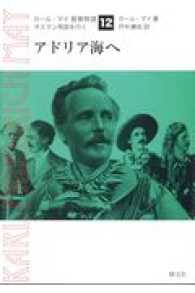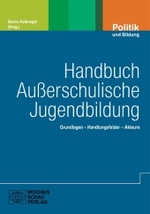- ホーム
- > 洋書
- > ドイツ書
- > Humanities, Arts & Music
- > Humanities
- > general surveys
Description
(Short description)
This book explores how rat control programs in post-war Poland connect to politics, science, and ideology. It uncovers how our views about urban rats affect pest control efforts and how biological factors impact political modernization. About history, politics, and the unexpected role of rats
(Text)
The book scrutinizes post-war rat control programs in Poland, exploring their intricate intersections with politics, science, and ideology. It delves into the impact of prevailing cultural narratives concerning problematic urban rodents on pest control and sanitary programs, as well as the ways in which biological factors shape, challenge, or impede political modernization initiatives. Employing urban rat populations as an unequivocal exemplar of an undesirable element, the author constructs an inquiry into the strategies of political exclusion. The analysis of rat extermination schemes facilitates an exploration of the patterns of social progress within a semi-peripheral country and the discursive shifts evident in political language regarding the troublesome non-human urban residents.
(Author portrait)
Gabriela Jarzebowska-Lipinska is an assistant professor at the Faculty of Artes Liberales, University of Warsaw, Poland. She works in the fields of critical animal studies and environmental humanities.








